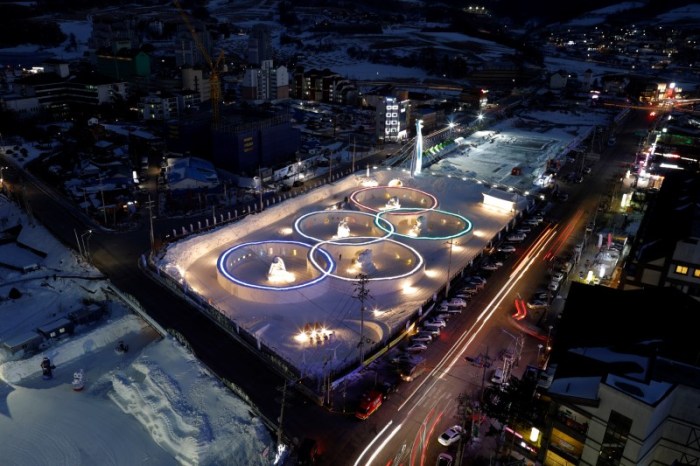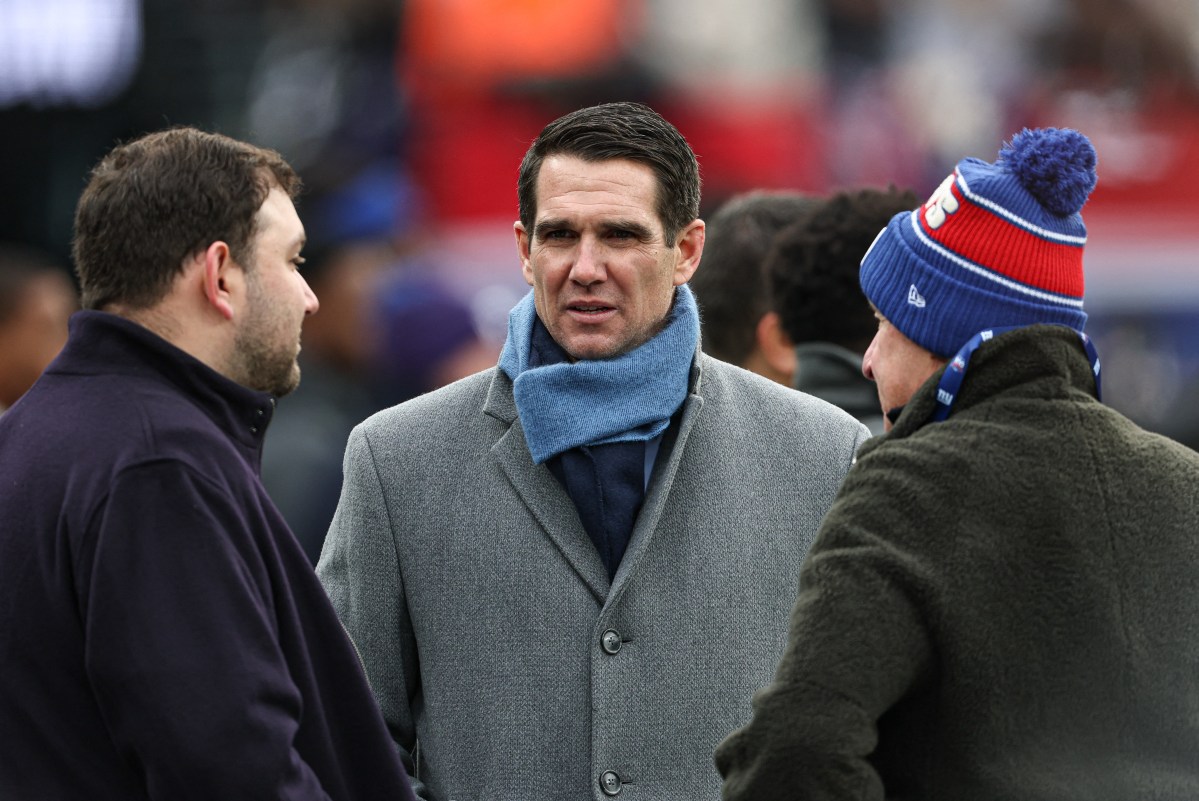By Tim Branfalt
DETROIT (Reuters) – The Detroit Pistons basketball team will move to downtown Detroit starting next season, playing in an arena already under construction for the city’s hockey team, officials from both teams said on Tuesday. Tom Gores, owner of the National Basketball Association team that currently plays in the Detroit suburb of Auburn Hills, said the move will include construction of a practice facility and corporate headquarters. Also attending the announcement were Detroit Mayor Mike Duggan and Ilitch Holdings Chief Executive Christopher Ilitch. The Ilitch family owns the National Hockey League’s Detroit Red Wings, which is building the Little Caesars Arena at which both teams will play after it opens in September 2017. Once the move is complete, Detroit will be the only U.S. city where all four major professional sports teams – which also includes the Detroit Tigers of Major League Baseball and the Detroit Lions of the National Football League – play their home games in the downtown city core. “This is a historic day for our franchise, and for the city of Detroit,” Gores said at a press conference.
Ilitch, whose family also owns Detroit’s Major League Baseball team, called it a watershed moment for the city, which exited bankruptcy in December 2014.
The Pistons are in the team’s 29th and final season at The Palace of Auburn Hills. The move is subject to NBA approval, which league Commissioner Adam Silver expects it to get.
Before then, formal legal agreements need to be finalized, officials said. In the meantime, they have various memoranda of understanding.
Each sports team will remain separate, but Gores’ Palace Sports & Entertainment and the Ilitch organization will establish a joint venture in connection with their entertainment venues, officials said. Asked whether Gores was taking a stake in the arena, Arn Tellem with Palace Sports said it was purely a lease deal for undisclosed terms.
Meanwhile, the city’s Downtown Development Authority has agreed to contribute $34.5 million to help modify the arena for the basketball team, officials said. Cost overruns will not be covered by taxpayers, however. At least half of the city’s contribution will come from savings generated through a refinancing of the existing Tax Increment Revenue bonds issued by the state in 2014 to partially fund the new arena, official said. The rest will be captured by extending the term of those bonds an additional three years, and no city general funds will be used. Gores said it was too early to discuss the future of the Auburn Hills arena, but he expected there to be a lot of attractive options.
(Reporting by Tim Branfalt; Writing by Ben Klayman in Detroit; Editing by Alan Crosby)






















